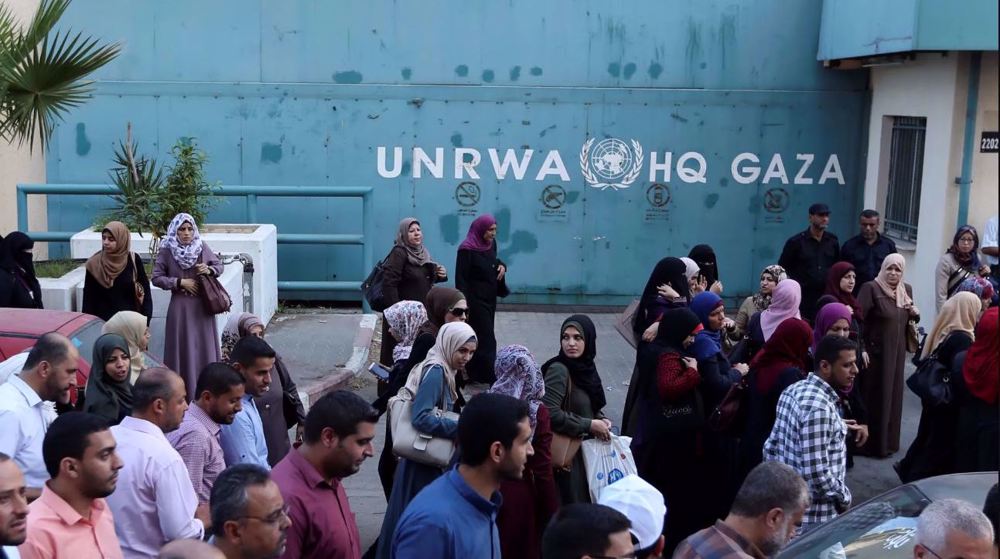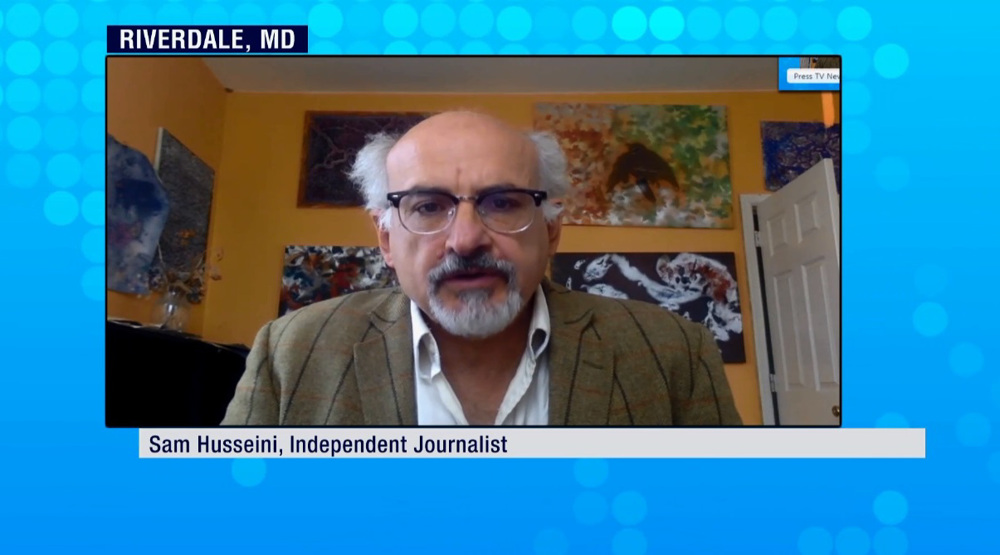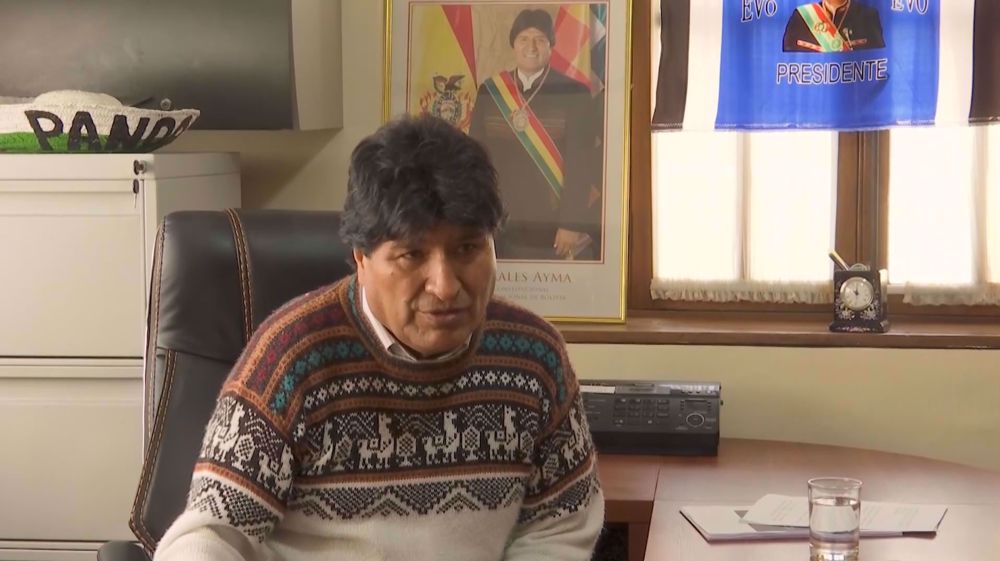US uninterested in Syria solution: Analyst
Press TV has interviewed James Jatras, a former US Senate foreign policy analyst, in Washington, to discuss the next round of the international talks aimed at resolving the crisis in Syria.
The following is a rough transcription of the interview.
Press TV: We have heard of course about Iran and Russia many times saying that terrorism has to be fought in Syria as a priority. What about the others sitting around the table in Vienna? Do you think in these upcoming round of talks - be it the Saudis, the Turks, the Americans - what is their opinion do you think on that?
Jatras: That is where the real problem comes in, I am afraid to say. At Vienna there was an agreed-upon statement that Syria needs to be a united, democratic and secular state and that there needs to be a political solution but I think there is some real concern that certainly the Saudis, the Qataris and the Turks are only paying lip service to that, that they are still dedicated to supporting these Jihadist groups like al-Qaeda, al-Sham, al-Nusra and of course ISIL (Daesh), that they want a sectarian Sunni state established in Syria and that they are not slackening off their support for these terrorist groups and it seems that the United States is in a somewhat ambiguous position but is still tilting in the direction of those countries which are our closest allies in the region.
Press TV: So then why even get into the Vienna talks to begin with?
Jatras: Well I think because of the Russians intervention in Syria the lay of the land has changed in Syria. This is one reason why the United States after resisting the idea acquiesced to the inclusion of Iran in the Vienna talks. So I think that there are not a whole lot of options from the point of view of the United States and from our allies in the region. We have to at least appear to be going along with a diplomatic settlement. Whether we are actually committed to that in reality is another question.
Press TV: But then at some point I would imagine that many of the countries involved, as you mentioned as well as I mentioned in my first question, will see blowback and have already begun to see blowback because of these very policies, haven’t they?
Jatras: That is right and that is why I think we see some of the other American allies in the region - I am thinking primarily of Jordan and Egypt - are edging more in the direction, I think, that is being taken by Russia and Iran, that they are genuinely committed to a diplomatic settlement because at some point self-preservation should take over and I hope at some point that the countries that are the holdouts here - Qatar, Saudi Arabia and Turkey - will look at what the long-term prospects are for their internal stability and if they keep along this path which I think is frankly suicidal.
Pro-Palestinian activists increasingly facing prosecution across Canada
VIDEO | Hezbollah launches massive rocket attack after deadly Israeli strike
VIDEO | Death toll from rains in southern Brazil climbs to 66, over 100 still missing
Shameless support: Iran says US, Britain main sponsors of Israel's genocide
VIDEO | Iran FM wraps up two-day trip to Gambia
Hamas says Israel banned Al Jazeera to cover up truth in Gaza
May 4: ‘Axis of Resistance’ operations against Israeli occupation
Hamas: Israeli assassinations won’t deter Palestinian resistance









 This makes it easy to access the Press TV website
This makes it easy to access the Press TV website